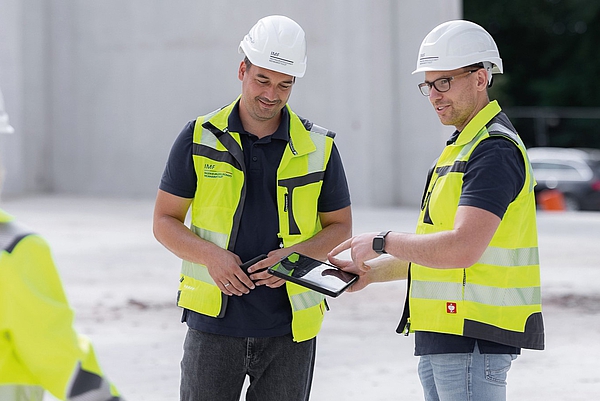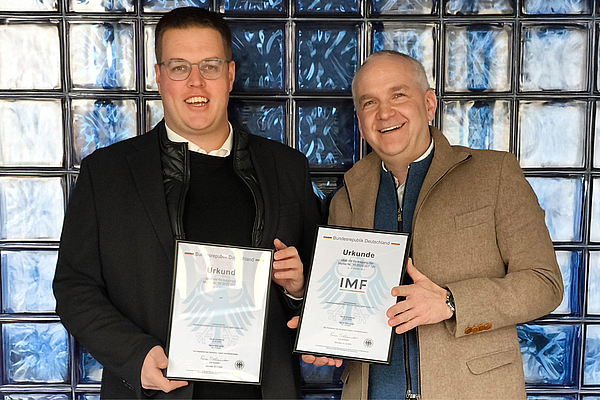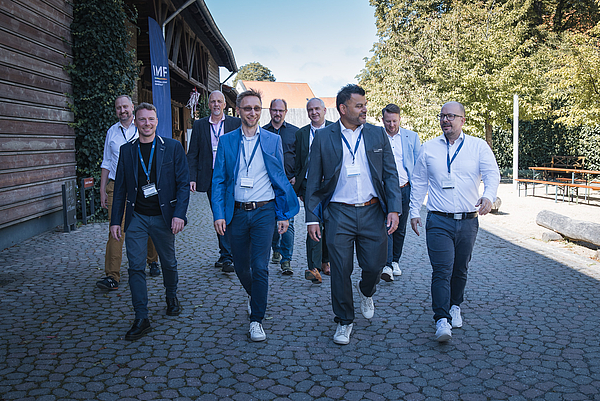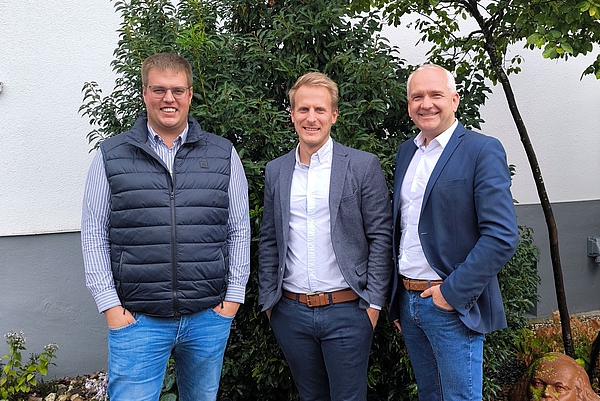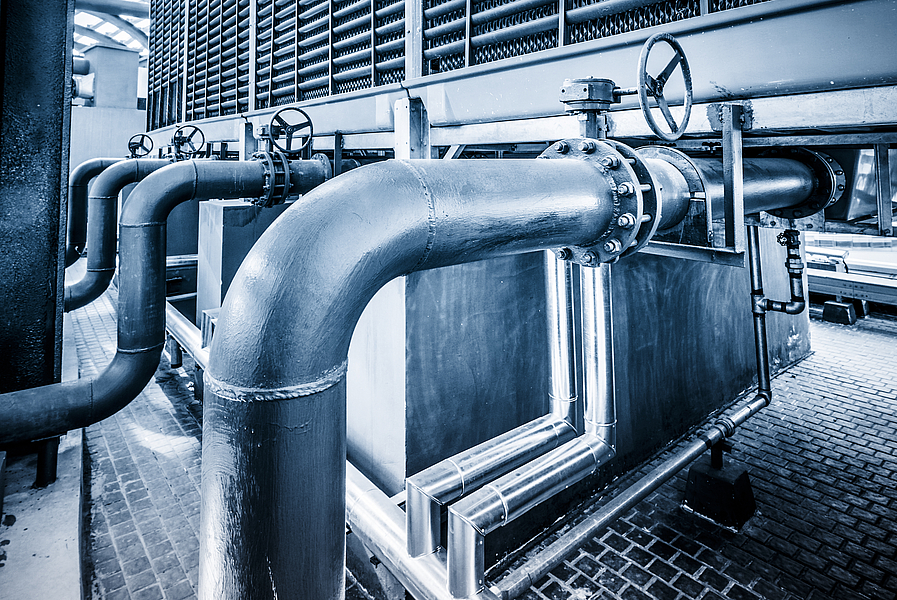Industrial supply in the course of time
The demands on industrial supply have changed considerably in recent years. In addition to the need to optimize production processes, the focus today is also on ecological and economic considerations. Efficient use of resources, especially energy, is not only an ecological obligation, but also makes a significant contribution to reducing costs.
Plant optimization as the key to efficiency
MEPC & HVAC plays a central role in industrial supply. This involves the planning, construction and operation of technical systems in buildings. Targeted system optimization can significantly increase efficiency. This means not only an improvement in performance, but also a reduction in energy consumption.
System optimization comprises various measures, including the inspection and updating of heating, ventilation and air conditioning (HVAC) systems, lighting systems and other technical equipment. By using modern technologies such as sensors, automation and intelligent control systems, systems can be controlled so that they are active exactly when they are needed. This leads to a significant reduction in energy consumption and therefore to economical operation.
Energy management as a key component
Effective energy management is crucial for industrial supply and plays a key role in system optimization. By continuously monitoring and analyzing energy consumption, potential savings can be identified and exploited.
The integration of intelligent energy management systems enables companies to maximize their energy efficiency. These systems not only record energy consumption in real time, but also enable precise forecasting and planning. On this basis, strategic measures can be developed to reduce energy consumption and use renewable energy sources.
Digital twin
The concept of the "digital twin" is also becoming increasingly important in industrial supply. This virtual replica enables the precise digital mapping and simulation of all systems and processes in real time. The digital twin enables companies to make effective planning decisions, optimize operational processes and minimize risks. Continuous monitoring and predictive analyses not only improve the efficiency of MEPC & HVAC systems, but also support the sustainable use of resources and contribute to cost efficiency.
Sustainability as a guiding principle
The increasing importance of sustainability in industrial supply underlines the need for a holistic approach. Companies that design their processes sustainably benefit not only ecologically, but also economically and socially. In addition to the integration of renewable energy systems such as photovoltaic systems and geothermal heat sources, the optimized use of resources also makes a significant contribution to reducingCO2 emissions and at the same time opens up opportunities to take advantage of state subsidies.
A comprehensive sustainability concept goes beyond ecological aspects and takes equal account of social and economic dimensions. By implementing such concepts, companies can operate more economically in the long term, minimize their environmental impact and at the same time assume social responsibility. This not only strengthens the company's image, but also its competitiveness in an increasingly environmentally conscious market environment.
Conclusion: Industrial supply in the age of sustainability
Industrial supply is facing new challenges that require a holistic approach. The optimization of MEPC & HVAC in combination with effective energy management forms the basis for a sustainable and economical future.
Companies that invest in modern technologies and take a holistic view of their processes can not only fulfill their ecological responsibility, but also achieve long-term economic benefits. Industry has the opportunity to make a significant contribution to overcoming global challenges through innovative approaches in supply technology.
Put your trust in our expertise!
Start your career in our team!

